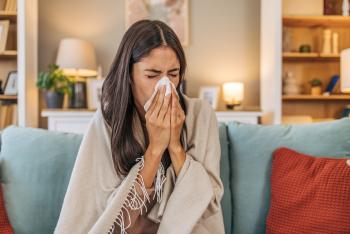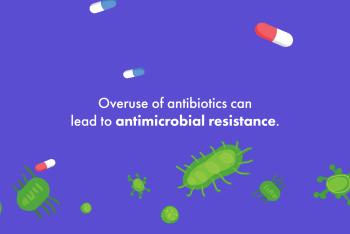Preventive health practices like regular exercise, balanced nutrition, routine screenings and stress...
Read More
A visit to the emergency department (ED) often addresses urgent health concerns that require immediate attention. While this care is crucial for stabilizing your condition, it’s just the first step in your journey to recovery.
“Scheduling a follow-up appointment with your primary care provider (PCP) within seven days of your ED discharge supports your recovery and ensures the best possible outcomes,” said Steven Meskin, M.D., a physician at Inspira Medical Group Primary Care. Here are five reasons this step is vital to your overall health and recovery.
Your PCP is familiar with your medical history and is the cornerstone of long-term health management. “After an ED visit, your doctor can evaluate how your condition has progressed, ensuring your recovery stays on track,” said Dr. Meskin. “By reconnecting with your PCP, you can ensure your care seamlessly transitions from emergency to follow-up.” They can refine your treatment plan to align with your needs and promote a more effective recovery.
When you leave the ED, you'll receive discharge instructions to help guide your recovery at home. While these instructions are essential, they can sometimes be complex or overwhelming—especially when you're not feeling well. A follow-up appointment with your PCP allows you to review these instructions, ask questions and get clarification on any details you might not fully understand. Talking to your doctor ensures you follow the correct steps for a smooth recovery.
Not all symptoms or conditions stop immediately after an ED visit. In some cases, complications may develop that require close monitoring. “Your PCP can help keep an eye out for potential issues that may arise, addressing them early before they evolve into more serious problems,” said Dr. Meskin. “By staying proactive and in close contact with your provider, you can reduce the risk of further complications and prevent the need for additional emergency care.”
If your ED visit led to new prescriptions or medication changes, your PCP can review these adjustments during your follow-up visit. They will check to ensure the medications are working effectively and that there are no interactions with existing therapies. Medication management is key to preventing adverse effects and ensuring you’re on the right track with your treatment plan.
Whether your ED visit addressed a sudden health concern or a complication of a chronic condition, your PCP plays a vital role in organizing follow-up care. “Your primary care doctor can schedule necessary tests, refer you to specialists or recommend additional therapies,” said Dr. Meskin. “This coordination ensures every aspect of your health gets addressed, minimizing gaps in your treatment journey.”
Schedule your follow-up appointment within seven days of discharge. Bring any discharge paperwork, test results and medication lists from your ED visit to your appointment. This information will help your doctor develop the best possible care plan and ensure all aspects of your treatment are managed properly.
By following up with your PCP, you're taking a proactive step toward a full recovery and reducing the likelihood of needing additional emergency care.

Preventive health practices like regular exercise, balanced nutrition, routine screenings and stress...
Read More
Walking pneumonia is a mild but disruptive form of pneumonia with symptoms like a lingering cough...
Read More
Antibiotics are powerful tools for fighting bacterial infections, but their misuse can lead to...
Read More
The material set forth in this site in no way seeks to diagnose or treat illness or to serve as a substitute for professional medical care. Please speak with your health care provider if you have a health concern or if you are considering adopting any exercise program or dietary guidelines. For permission to reprint any portion of this website or to be removed from a notification list, please contact us at (856) 537-6772